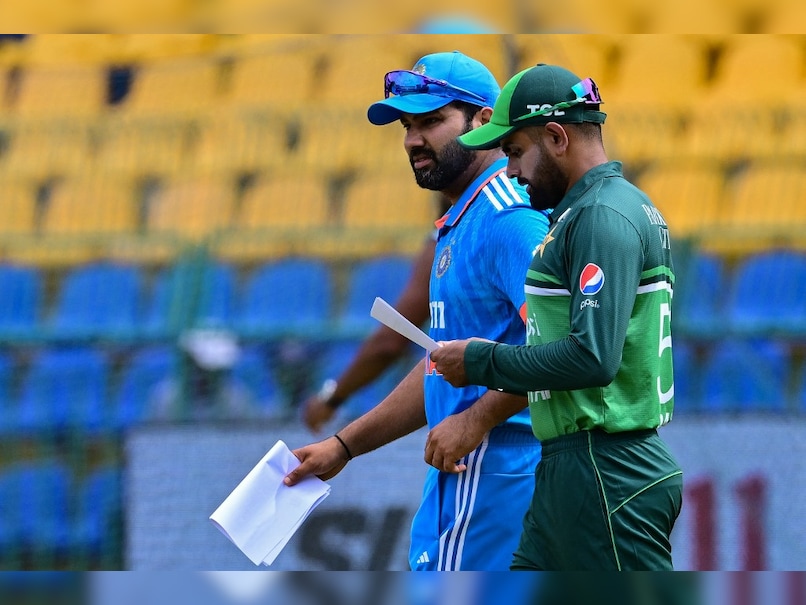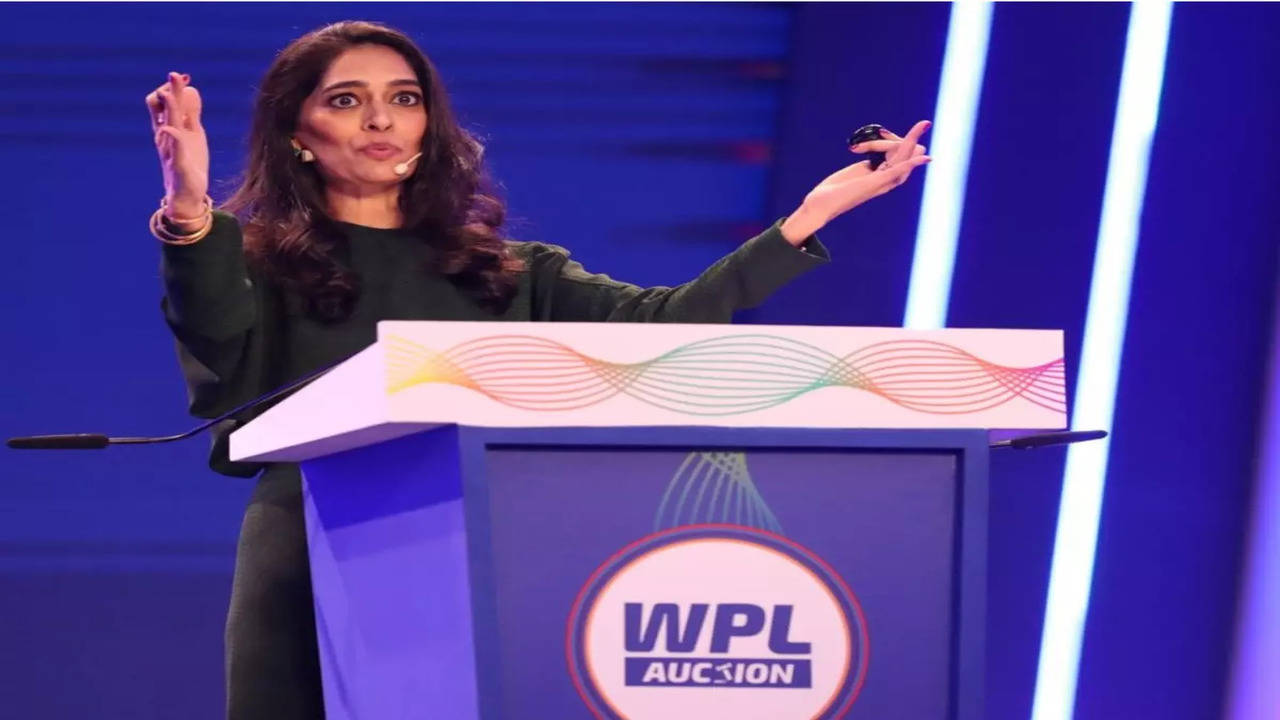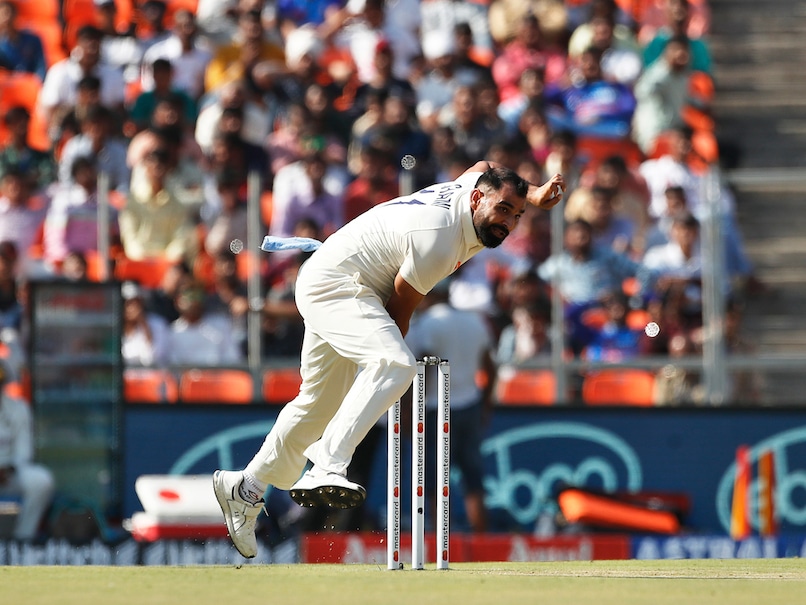The ICC Champions Trophy venue saga has taken a dramatic turn with India’s refusal to travel to Pakistan for the tournament. Pakistan remains adamant about hosting the entire event in the country, while India insists on a hybrid model for its matches.
The financial implications of an India-Pakistan match extend beyond the two nations, impacting the global cricketing ecosystem. The International Cricket Council (ICC) relies heavily on revenue generated from such high-profile events to distribute shares to its member boards.
Former Pakistan cricketer Basit Ali believes a hybrid model is the only viable solution to ensure India and Pakistan participate in the Champions Trophy. “If cricket is to continue and the hybrid model is to be maintained, place Pakistan in one pool and India in the other,” Ali said on his YouTube channel.
Ali criticized the notion that rivalries like India vs. Australia or The Ashes are comparable to India vs. Pakistan matches. “The world is foolish (duniya bewakoof hai) to say that The Ashes is amazing or that the India-Australia series is amazing; it’s not like that,” he asserted.
Ali emphasized the financial significance of India-Pakistan matches for the survival of cricket. “As long as cricket is being played and Pakistan-India matches are happening, there will be money; otherwise, there won’t be,” he said.
The ICC is facing a dilemma as it attempts to balance the demands of both India and Pakistan. A hybrid model would allow India to play its matches at a neutral venue, while Pakistan would host the remaining fixtures. However, such a compromise could potentially reduce revenue for the ICC and broadcasters.
The outcome of the venue negotiations will have a significant impact on the future of the Champions Trophy and the broader cricketing landscape. The ICC must carefully consider the financial implications and the importance of India-Pakistan matches in maintaining the sport’s global appeal.






